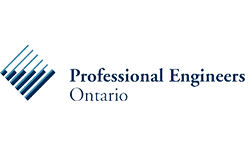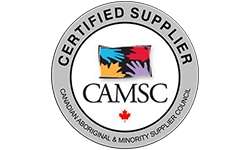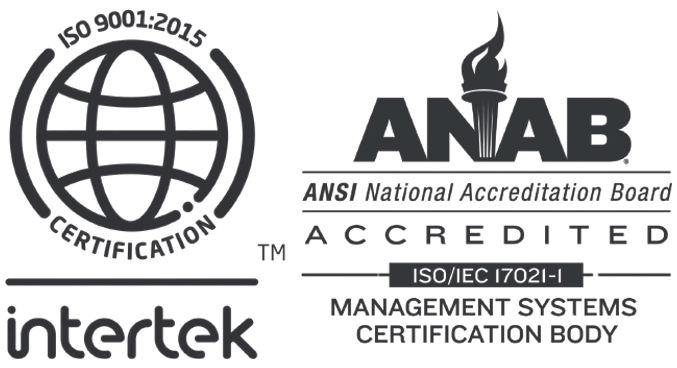
Master Problem Solving
by Roseline Tio, Dhika Prameswari
Being effective at solving problems is frequently challenging, especially when you’re not sure where to start. Here are nine frameworks to improve your problem-solving skills:
- PDCA
The PDCA cycle is a systematic process of planning, doing, checking, and acting, facilitating effective problem-solving and change management, particularly useful for small-scale improvement testing.
The approach starts with a Planning phase, identifying problems, defining improvement theories, testing potential solutions in the Do phase, and studying and checking the outcomes.
Go through the Do and Check stages as many times as necessary before the full, polished solution is implemented, in the Act phase of the cycle.
PDCA benefits are continuous process improvement, preventing recurring mistakes, providing a standardized method, reducing time wastage, fostering teamwork through brainstorming and problem-solving techniques, and helping overcome internal obstacles, making it cost-effective.
- A3 Problem Solving
The A3 method is an invaluable tool for unleashing the power of change within any organization. Businesses may use its organized framework and cyclical learning approach to be nimble and adaptable to ever-changing conditions, helping them to traverse change more effectively and emerge stronger than ever before. Lastly, this makes the A3 problem-solving method one of the most effective strategies to secure long-term success in today’s fast-paced and competitive marketplace. Last but not least, you can use an A3 report not only for problem-solving but also for proposing improvements, reporting, coaching, and others.
- Theory of Inventive Problem Solving (TRIZ)
TRIZ is an effective approach for promoting creativity and resolving complicated issues. Its methodical methodology, extensive tools, and demonstrated success make it beneficial to businesses and people looking to improve their problem-solving talents. Understanding and utilizing TRIZ may lead to new levels of creativity and efficiency, resulting in success in an increasingly competitive and dynamic environment.
- 8 Disciplines (8D)
The 8D methodology is an effective problem-solving tool because it is thorough, systematic and team-oriented. It helps organizations to identify and correct problems quickly and efficiently, while also preventing them from recurring in the future. Additionally, it helps to promote a culture of continuous improvement within the organization.
- DMAIC
DMAIC is an acronym for the stages of a Lean Six Sigma improvement methodology, which stands for Define, Measure, Analyse, Improve and Control.
Starting with the ‘Define’ phase, the process emphasizes constructing a solid foundation by establishing goals and organizing a team. The ‘Measure’ phase focuses on gathering necessary data to better comprehend the existing situation. Then follows ‘Analyse’ which focuses on uncovering root causes using a range of analytical methods. The ‘Improve’ step entails brainstorming alternatives and pilot testing, whilst the ‘Control’ phase guarantees that the improvements are long-lasting. Overall, DMAIC provides a comprehensive, data-driven approach to attaining demonstrable gains in efficiency, quality, and customer satisfaction.
- CIRCLES Method
CIRCLES is an acronym representing seven important steps that lead you through an organised approach to answer product design questions. By following these stages, you will exhibit a well-rounded thought process that prioritises user needs and provides effective solutions.
CIRCLES offers benefits such as user-centric focus, structured approach, reduced bias, and confident communication. It ensures solutions are valuable to the intended audience, promotes critical thinking, and allows for confident explanations of reasoning.
- 5 Whys Analysis
5 Why analysis is more than simply an iterative process or a simple questioning activity. The goal of a 5-why analysis is to bring the proper individuals together and explore all of the potential root causes of a specific fault in a process.
Many teams will cease after the cause of a fault has been found. Often, these conclusions fail to address the underlying issue. Instead of addressing symptoms, a disciplined 5-why strategy will encourage teams to think outside the box and identify the fundamental cause of the problem, allowing the team to make a positive change.
- Lightning Decision Jam
Lightning Decision Jam (LDJ) is a powerful workshop format designed to help teams solve problems, make decisions, and generate innovative ideas in a fraction of the time it usually takes.
The LDJ workshop follows a structured sequence of activities, starting with Problem Framing, where the team identifies and defines the most pressing issues or opportunities related to the chosen challenge. Next is Idea Generation, where participants generate a diverse array of potential solutions and approaches to addressing the identified problems. After that, Solution Prioritization takes place, where the team evaluates and ranks the generated ideas based on their feasibility, impact, and desirability. The final stage is Action Planning, in which a clear plan for implementing the highest-priority solutions is developed, assigning roles and responsibilities, and setting deadlines for progress.
- Root Cause Analysis (RCA)
Root Cause Analysis is the compass guiding organizations toward excellence. By diving deep into the complexities of issues, organizations can not only solve problems but also prevent their recurrence. This proactive approach ensures that the path to operational excellence is not just a one-time achievement but a continuous, evolutionary process, driving organizations to new heights of success.
Your Trusted Partner
No matter where you work or what your problem-solving position entails, PharmEng Technology is a problem-solving consultant who will help your team figure out why a method, strategy, or project isn’t operating as expected.
At PharmEng Technology, our validation consultants have extensive experience in problem solving management to provide best decision. Our engineers meticulously monitor each stage of the project to ensure adherence to current regulatory and quality standards through rigorous data collection.
For further details, please visit our website at www.pharmeng.com or contact us via email at info.asia@pharmeng.com. Discover how PharmEng Technology can assist you in reaching your validation objectives and fostering success in the pharmaceutical sector.
About PharmEng Technology
PharmEng Technology is a global consulting firm specializing in pharmaceutical engineering, regulatory affairs, and compliance. With a commitment to quality and innovation, PharmEng Technology provides comprehensive solutions to meet the evolving needs of the pharmaceutical and biotechnology industries.
Contact Information
PharmEng Technology
Email: info.asia@pharmeng.com








